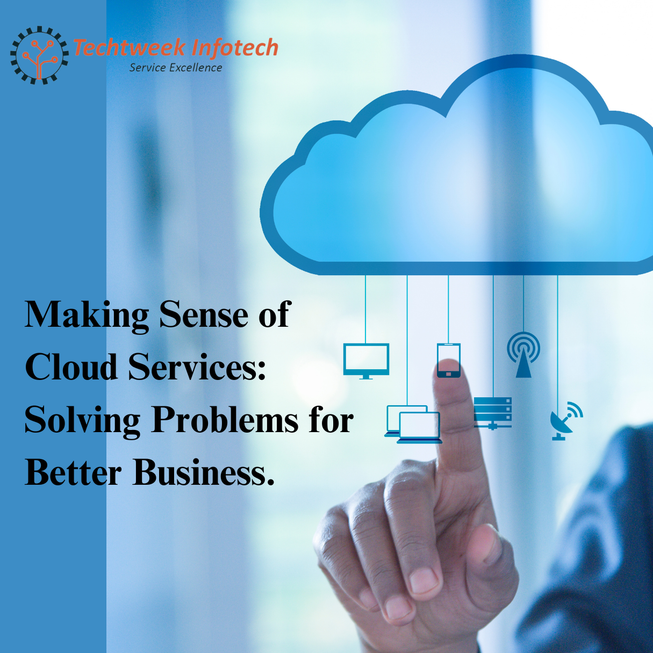The Ever-Evolving Landscape of Cloud Computing Services: Addressing Critical Concerns
- Get link
- X
- Other Apps
Certainly! Beyond security, scalability, and cost management, organizations face several other challenges with cloud infrastructure.
Data Governance and Compliance: Ensuring that data stored in the cloud complies with regulatory requirements and internal policies is critical. This includes data residency, data protection laws, and industry-specific regulations like HIPAA or GDPR.
Performance Optimization: Maintaining consistent and high-performance levels across distributed cloud environments can be complex. Factors like network latency, resource allocation, and application optimization play a significant role in achieving optimal performance.
Integration Complexity: Integrating existing on-premises systems with cloud infrastructure and managing hybrid environments can be challenging. Compatibility issues, data synchronization, and ensuring seamless communication between different platforms require careful planning and execution.
Vendor Lock-in: Dependence on a single cloud service provider can lead to vendor lock-in, limiting flexibility and making it challenging to switch providers or adopt a multi-cloud strategy. Interoperability standards and solutions are crucial to avoid this issue.
Data Backup and Recovery: Implementing robust backup and disaster recovery strategies is essential to protect against data loss, system failures, or cyberattacks. Ensuring data availability and minimal downtime during recovery processes is a key challenge.
Skills Gap: Acquiring and retaining talent with expertise in cloud technologies, DevOps practices, and cybersecurity is a persistent challenge for organizations. Continuous training and upskilling programs are necessary to bridge the skills gap.
Service Reliability: Dependence on cloud providers for critical services means that any downtime or service disruptions can have a significant impact on business operations. Ensuring service reliability, fault tolerance, and redundancy are paramount.
Despite these challenges, cloud computing services offer unparalleled benefits in terms of agility, scalability, cost-efficiency, and innovation. Overcoming these challenges requires a comprehensive strategy, collaboration between IT teams and cloud service providers, and ongoing optimization efforts.
- Get link
- X
- Other Apps


Comments